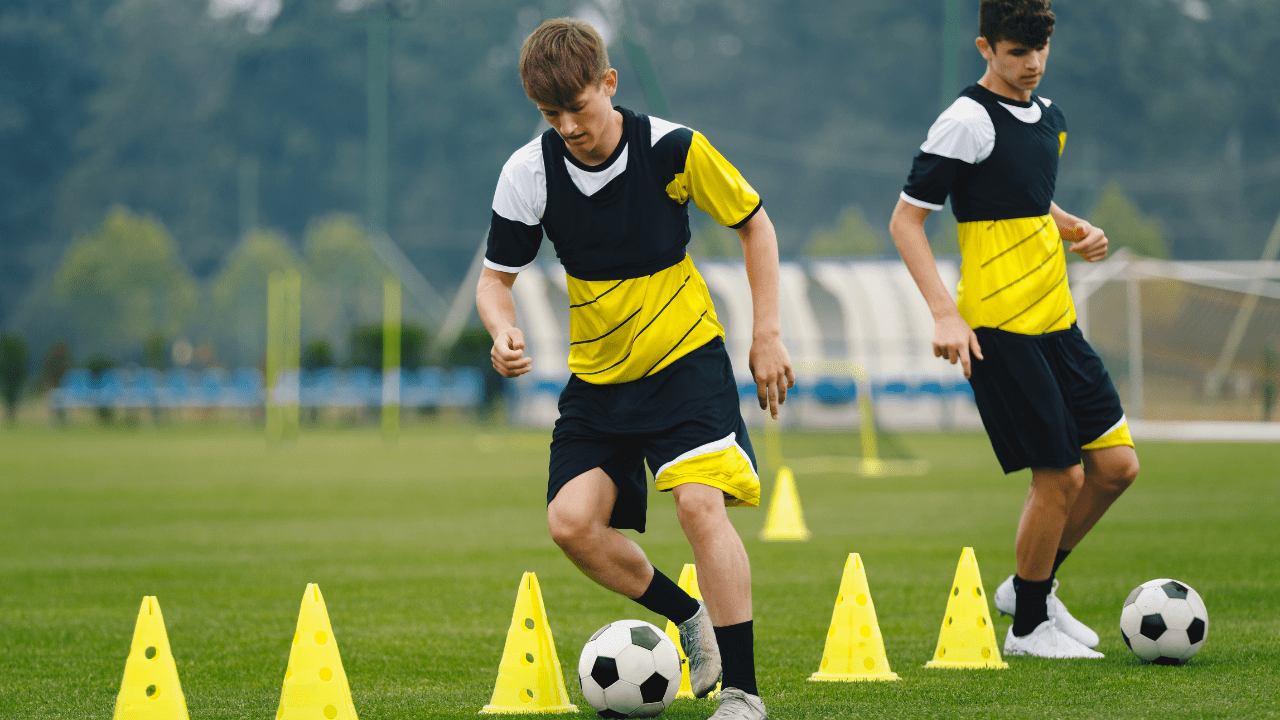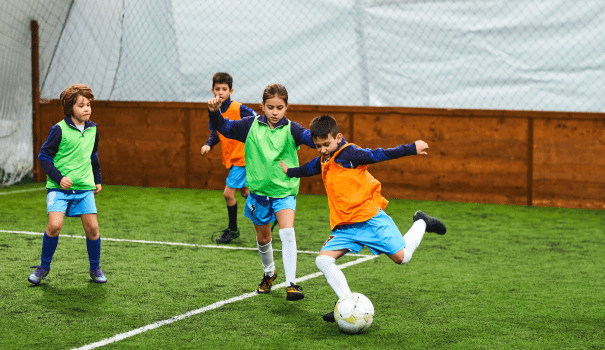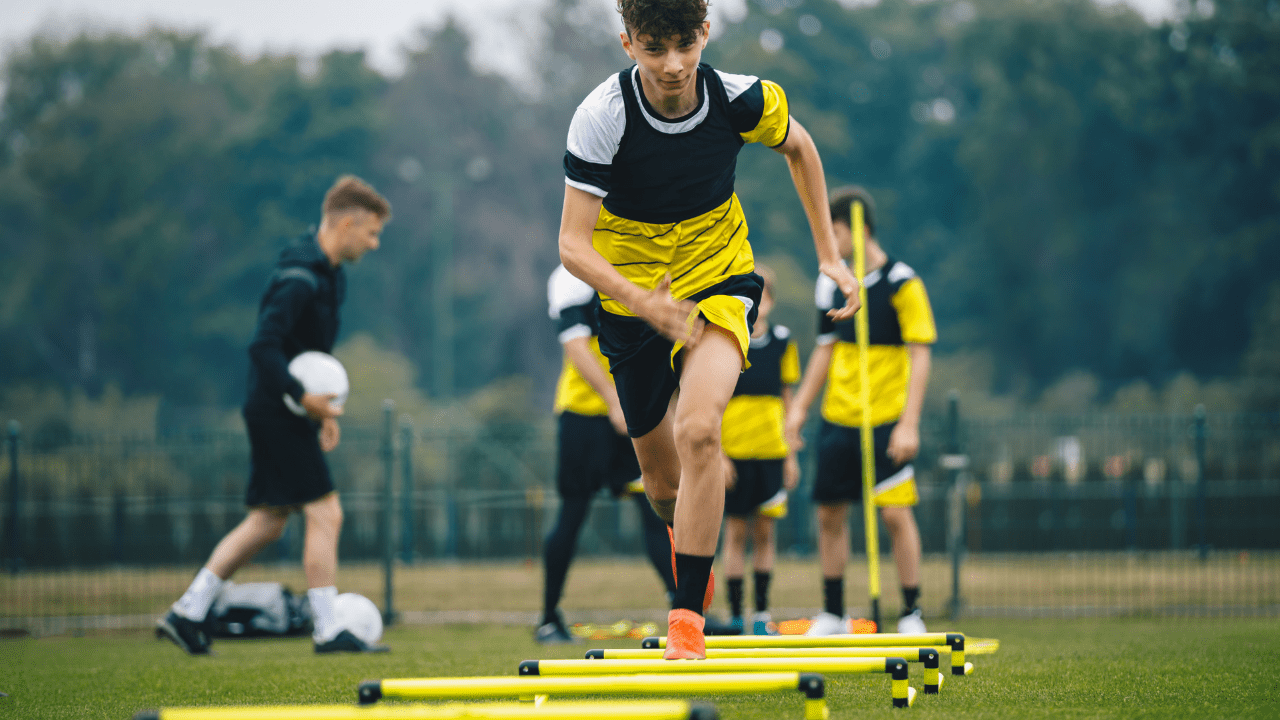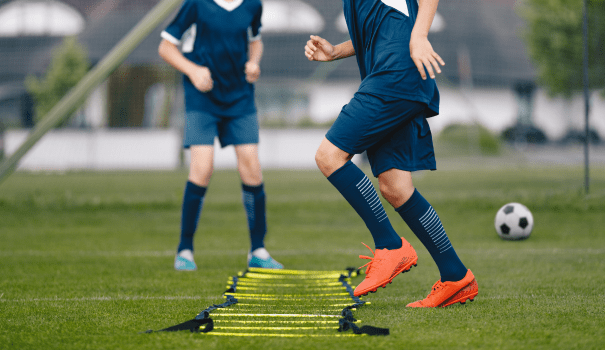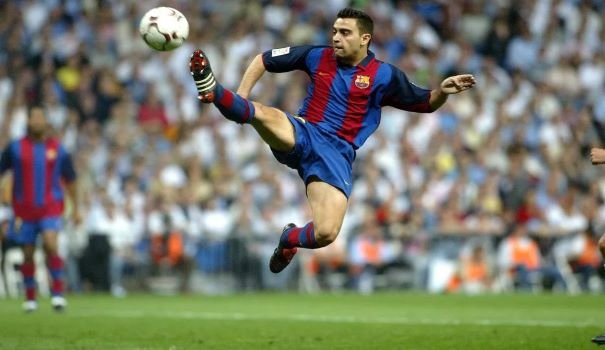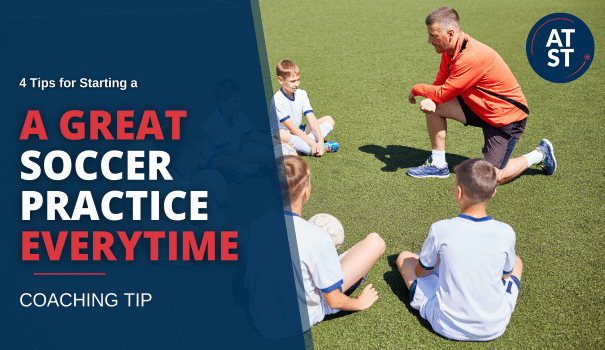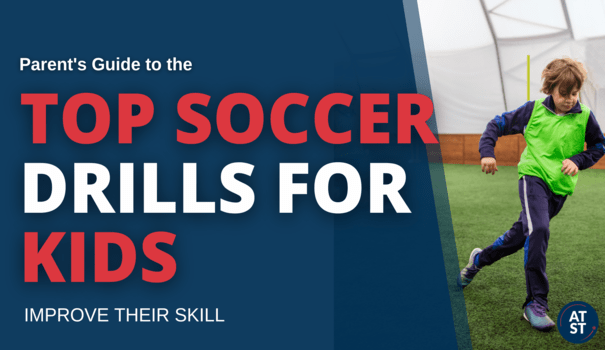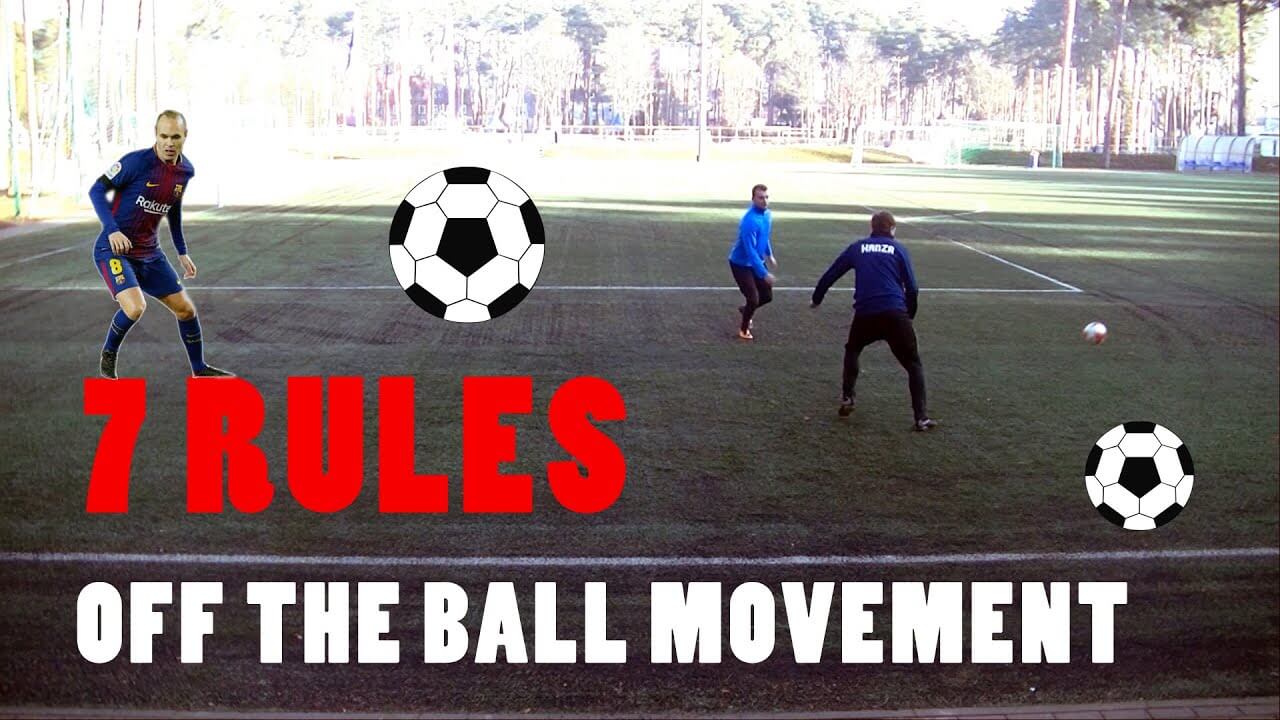
As a youth soccer player, it can be overwhelming to think about all the qualities you need to possess in order to reach the next level.
But one thing is for sure, there are a few key characteristics that successful players all have in common.
#1 Personal Responsibility
First and foremost, personal responsibility is crucial.
Are you motivated to train and improve on your own, or do you need someone to constantly push you?
Of course, we all need some external motivation, but ultimately it’s up to you to take control of your own development. And when things don’t go as planned, do you blame others or focus on what you can do to improve?
Related: Anytime Soccer Training Rewards
However, the process is long and filled with many ups and downs. Having a growth mindset, focusing on the things you control, and taking personal responsibility for your actions are the key qualities that you will need to excel on and off the soccer pitch.
Finally, when things are going bad, do you blame others or focus on what you need to do to improve individually and help the team?
#2 Optimal Technical Skill
Another important quality is optimal technical skill. The game of soccer is constantly evolving and the modern game demands a high level of technical proficiency.
Are you able to be effective in all situations and make quick, smart decisions under pressure? Make sure you are constantly working on your dribbling, passing, and finishing skills.
Related: Learn the Seven C's of Dribbling
Passing and receiving are also extremely important. Let’s face it, while dribbling is exciting, the majority of the game is spent making passes and receiving the ball.
This means that you must be able to apply proper weight to your first touch, and second touch, and ensure your passes connect with a high percentage of success.
#3 Game Awareness And Decision Making
Game awareness and decision-making is another key aspect. It’s not just about having good technical skills but also having the ability to analyze the field and make split-second decisions. This requires both technical and tactical knowledge.
Most importantly, are your eyes up before and when receiving the ball?
Regardless of how well you read the game, you need the technical skills to execute in order to be successful.
Tactically, do you analyze the field for positions of players and spaces to exploit? Are they looking around before they get the ball?
When you are playing against high-level competition it’s often too late to start looking around only after receiving the ball.
A great idea is to go back and watch films of not only your games but the games of your favorite player. Carefully watch your actions when you have the ball versus when you don’t have the ball.
Also, often overlooked is how well you handle moments when the game is in transition, do you ball-watch until the danger or opportunity is near, or are you in constant motion anticipating what will likely happen next?
The modern game is fast, even at the youth level. You have to be able to transition from defending to attacking in a split second, or the game has passed you.
#4 GRIT
In psychology, GRIT (Guts, Resilience, Initiative, and Tenacity) is a positive, non-cognitive trait based on an individual’s perseverance of effort combined with the passion for a particular long-term goal.
In soccer, it’s those qualities plus your ability to keep fighting when training, games, and the season get tough.
Ask yourself if you take responsibility. Are you the type of player that tries to make a difference in the game? When you make a mistake, do you fight to get the ball back?
#5 FOCUS
The mental aspect of soccer is often overlooked. However, in recent years, its importance is becoming more and more understood. To compete at the highest level, you must be able to focus.
The ability to focus is important because it leads to greater game intelligence, problem-solving, and decision-making.
Without focus, you won’t be as effective in training which will surface in games.
A player who possesses intense focus can raise the standards for their entire team.
#6 Optimal Physical Ability
Physical fitness and athleticism are also essential qualities for a soccer player.
It’s important to note that physical development can vary greatly among youth soccer players, with some hitting puberty earlier than others. However, regardless of your physical maturity, it’s essential to work on your balance and coordination both with and without the ball. This will help you to become a more well-rounded player and be able to better handle the demands of the game.
Just be careful not to assume that early physical development guarantees success.
It’s also important to remember that while physical development may give you a temporary advantage, it’s not a guarantee of success. The playing field levels out post-puberty, and it’s your mental and technical abilities that will ultimately determine your success as a player. So, focus on developing your overall skillset and don’t rely solely on physical attributes.
Related: Six Drills to Improve Ball Mastery
#7 Work rate & Effort
In soccer, work rate is often measured by the distance covered by a player during a match. A player with a high work rate is someone who is constantly moving and working to make an impact on the game.
Xavi, a former midfielder for Barcelona and Spain, is a prime example of a player with a high work rate. During the final of the 2010-11 UEFA Champions League, Xavi covered an astonishing 12km, more than any other player on the field.
Let that sink in, almost 12 km, more than any of the other elite professional players in the game.
A high work rate does not only mean running fast and far, it also means working hard to win the ball back, pressuring the opponent, and making smart runs off the ball. It’s a combination of all these factors that make a player with a high work rate so valuable to a team.
For you, it starts with a determination to work hard in training and then applying this effort in games. This means pushing yourself to give your best effort in every drill, scrimmage, and practice. It also means being willing to work on the aspects of your game that need improvement.
Maintain sustained intensity and movement even when you don’t think you’re going to get the ball. – Arturo A. Hernandez
While having a high work rate is important, it’s not enough to excel on the field. It’s important to combine that effort with game intelligence, which means understanding the flow of the game and using your energy strategically.
This includes timing your runs to make the most impact, seeking out pockets of space to receive the ball and make plays, and being able to anticipate potential danger before it becomes a problem. This combination of effort and intelligence will help you to become a more effective player and make a greater impact on the game.
#8 Communication & Relationship Skills
Another important aspect of being a successful soccer player is having strong interpersonal skills. This includes being a likable and trustworthy teammate, being coachable, and being able to effectively communicate both verbally and non-verbally with your teammates.
In terms of verbal communication, it’s important to be vocal on the field and make sure you’re effectively communicating with your teammates. This includes calling for the ball, warning teammates who are offside, and organizing the defense.
Nonverbal communication is just as important, as it can often convey just as much, if not more, than words. You should strive to lead by example by working hard and demonstrating a positive attitude and body language, even when things aren’t going well, which can have a big impact on the team’s morale and performance.
Your actions (more than your words) show that you’re fully committed to the team’s success.
Summary
Notice that four of the eight qualities are not necessarily soccer-related. If you embody these qualities, you will likely have what it takes to be successful in soccer and in life.
Notices that four of the eight qualities discussed are not necessarily specific to soccer, but rather are valuable life skills that can help you succeed both on and off the field. These include personal responsibility, grit, focus, and strong interpersonal skills.
While it’s essential to have these qualities, it’s also important to remember that achieving success in soccer, or in any endeavor, requires hard work and dedication.
Keep these eight qualities in mind as you strive to become a better soccer player, and don’t be afraid to seek out resources like Anytime Soccer Training to help you improve.
